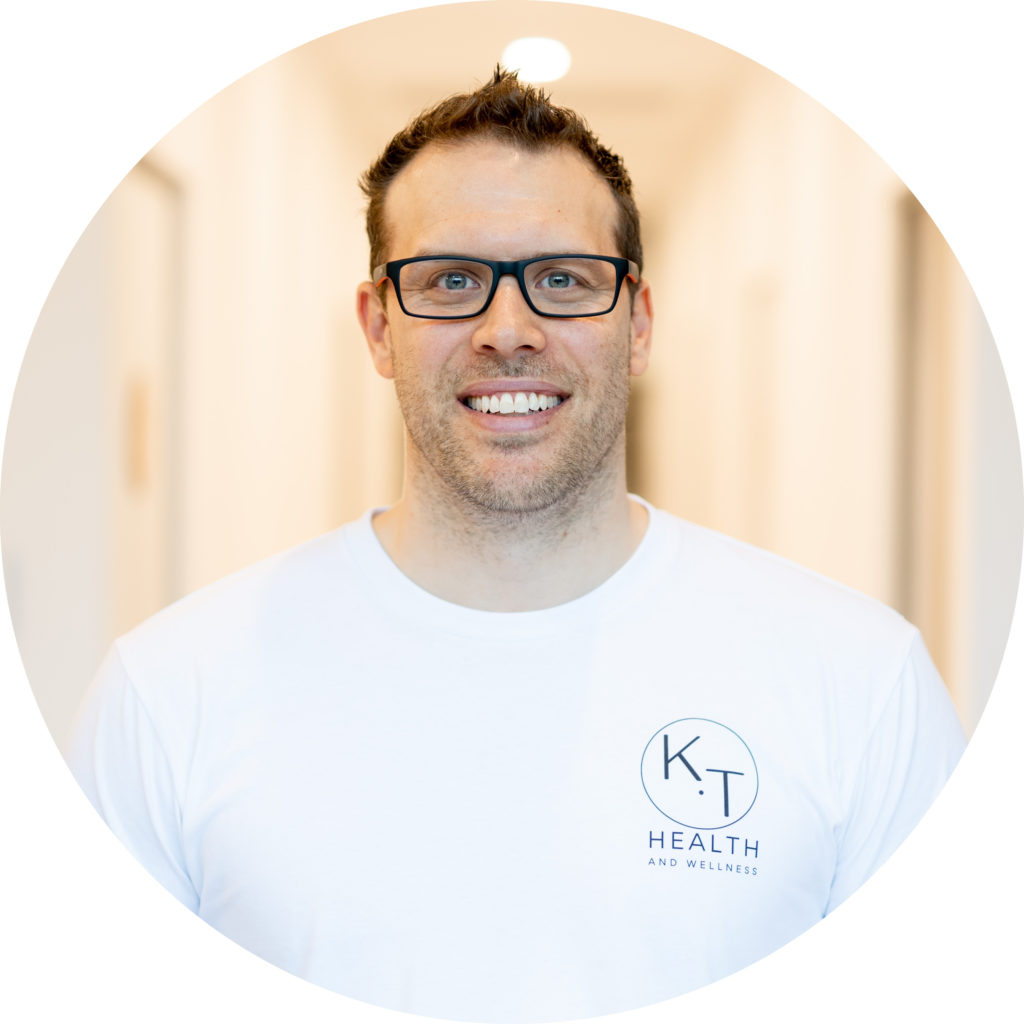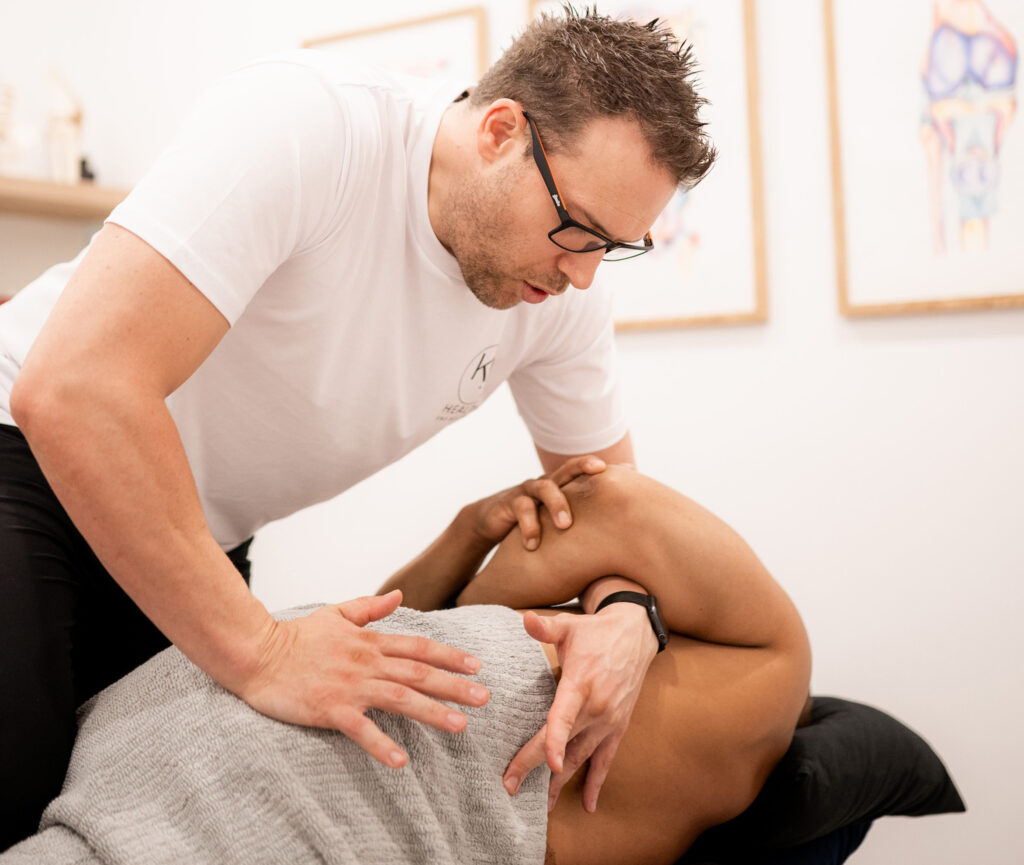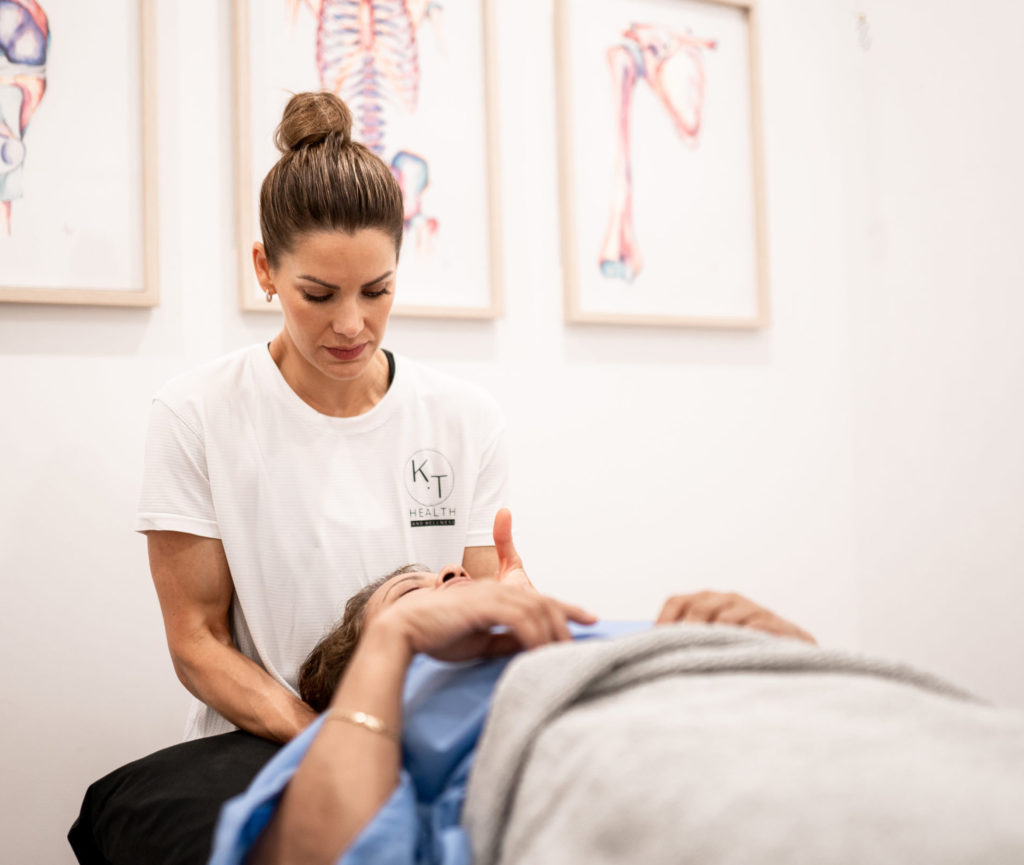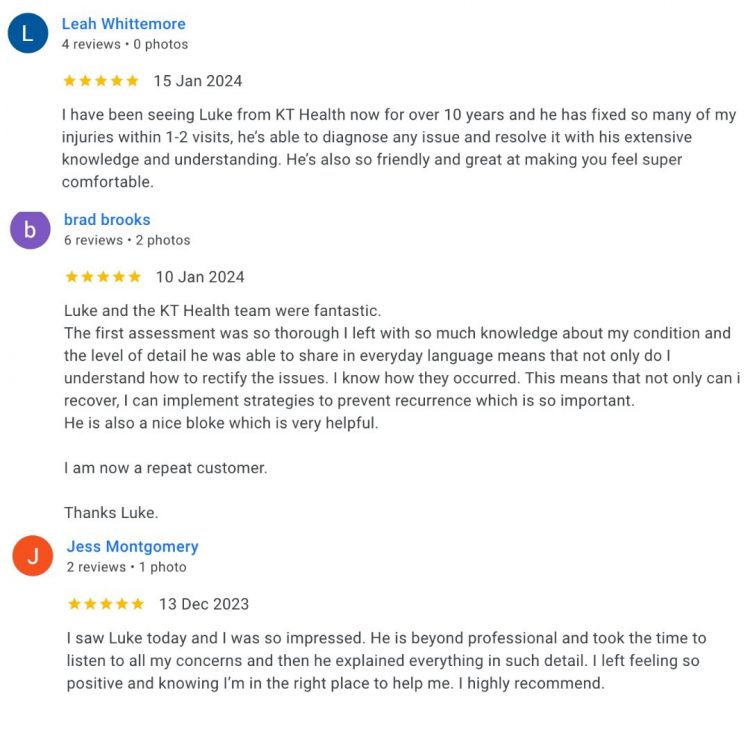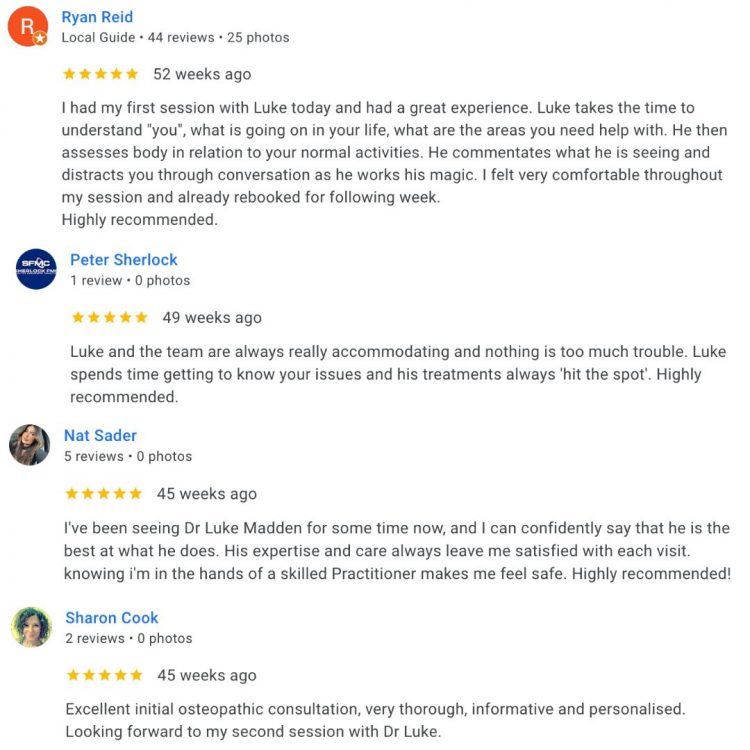Everything You Need to Know About a Dislocated Shoulder
What is a Dislocated Shoulder?
A dislocated shoulder happens when the head of the upper arm bone (humerus) is forced out of its socket in the shoulder blade (glenoid). This usually occurs due to trauma or sudden force, and the shoulder joint, being the most mobile joint in the body, is also the most prone to dislocation. The most common type is an anterior dislocation, where the humeral head moves forward out of the socket.
An analogy…
Imagine the shoulder joint like a golf ball sitting on a shallow tee. It’s built for movement, not stability. If the ball is hit too hard or twisted, it can easily fly off the tee, just like your arm bone can pop out of the socket during a dislocation.
What are other names that a dislocated shoulder can be referred to?
Shoulder Dislocation, Anterior Shoulder Dislocation, Dislocation of the Shoulder Joint
What causes a dislocated shoulder?
The shoulder is a ball-and-socket joint with a wide range of motion, but that flexibility comes at the cost of stability. The joint is held together by ligaments, tendons, and muscles. If there’s a sudden force, like a fall, tackle, or awkward arm movement, these structures can be overstretched or torn, allowing the humeral head to slip out of the socket. This may also damage the labrum (cartilage rim) or surrounding soft tissues.
What are the signs and symptoms of a dislocated shoulder?
- Intense pain in the shoulder right after the injury
- Visible deformity or drooping of the shoulder
- Inability to move the arm
- Swelling or bruising around the joint
- A feeling of looseness or instability after the initial injury
- Numbness or tingling in the arm or hand if nerves are affected
What tests are used to diagnose a dislocated shoulder?
Apprehension Test: This test checks for shoulder instability. While lying down or sitting, the practitioner gently moves your arm into an overhead, externally rotated position, like preparing to throw a ball. If you feel like your shoulder is going to “pop out” or become dislocated again, it’s a positive test and may indicate a history of dislocation or instability.
Relocation Test: This test is usually done right after the Apprehension Test. The practitioner applies gentle pressure to the front of the shoulder, helping to keep the joint in place. If this reduces your discomfort or fear of dislocation, it confirms that the shoulder instability is likely coming from the front of the joint.
How long does a dislocated shoulder take to heal?
Recovery depends on how severe the dislocation is and whether there is any associated soft tissue damage. Most people return to basic movement within 2–6 weeks, but full recovery, especially for athletes or heavy lifting, may take 8–12 weeks or longer. If the joint remains unstable or the injury is recurrent, surgery may be required.
How does a dislocated shoulder happen?
- Falls onto an outstretched arm or shoulder
- Contact sports
- Accidents or trauma
- Previous shoulder dislocations or instability
- Weakness or poor control of the shoulder stabilising muscles
What treatment can help a dislocated shoulder?
- Sling immobilisation for a short period
- Ice packs to reduce pain and swelling
- Manual therapy for surrounding soft tissue
- Postural and scapular (shoulder blade) control work
- Progressive strengthening exercises
- Sport-specific rehab before return to play
What exercises or stretches can I do for a dislocated shoulder?
- Pendulum exercises
- Isometric shoulder holds
- Scapular setting and shoulder blade squeezes
- Resistance band shoulder exercises
- Overhead movement retraining
What products can help with a dislocated shoulder?
Resisted shoulder external rotation
Stand in an upright position.
Hold a tensioned exercise band in both hands and bend your elbows to a right angle.
Keep your shoulder blades back and down and rotate your symptomatic arm outwards, keeping your elbow loosely by your side and your shoulder blades in a good position.
Control the movement then return back to the start position.
Relax and repeat.
*TIE THE BAND TO THE DOOR HANDLE INSTEAD OF HOLDING IT WITH OTHER HAND*

Shoulder flexion (active)
Stand up straight with your arms straight by your side.
Slowly lift your arms forwards in front of you, then up as high as you can.
Ensure you do not lean your body, or hunch your shoulder.
Control the movement as you slowly lower your arms back down.

Shoulder abduction
Stand tall with your arms at your sides.
Pull your shoulder blades back and down towards your buttocks and raise your arms to the side until directly overhead.
Lower to the starting position and continue the movement to complete the set.

STOP GUESSING – START MOVING
See what other people have said about our osteopaths
Trustindex verifies that the original source of the review is Google. KT health has really helped my back and i have been able to get back into competitive sportTrustindex verifies that the original source of the review is Google. Absolutely amazing, I see Louie Nouh who always listens and caters to my needs. He is amazing at his job and always helps alleviate my pain. I highly recommend Louie.Trustindex verifies that the original source of the review is Google. Friendly, supportive staff. Such a lovely place to exercise! Highly recommend.Trustindex verifies that the original source of the review is Google. Amazing instructor, I am new to Pilates felt very comfortable & supported.Trustindex verifies that the original source of the review is Google. I have been suffering from shoulder and neck pain for months - I saw Dr Louie Nouh a couple of time. His treatment really relived the pain. I have full range of movement now. His knowledge on exercise is fantastic.Trustindex verifies that the original source of the review is Google. Absolutely love reformer at menai. Instructors are amazing. Love Michaela and love the small classes. Highly recommend!Trustindex verifies that the original source of the review is Google. The trainers are all amazing , they explain everthing step by step and help where needed . It is an amazing place to relax get to know other people have a laugh . I recommend for anyone .Trustindex verifies that the original source of the review is Google. Ever since I came here I’ve been looked after by Louie and my shoulder is already feeling much better. Highly Recommend these are good people.Trustindex verifies that the original source of the review is Google. SENSATIONAL Chiropractor in Menai! I attended my first appointment with Dr Louis Nouh at KT Health & Wellness who is an absolute genius even after one session with him. He explained everything he intended to address about my lower back condition, all in easy to understand, layman’s terms. He said he would call me the next day to follow and see how I was feeling after our session and guess what, he did! During our session, he made me feel relaxed and comfortable especially as it was my first chiropractic appointment EVER! For some reason, I am actually looking forward to my subsequent sessions with him next week. Don’t get me wrong, he did poke, prod and crack me as necessary but the results made it seem worth it.Trustindex verifies that the original source of the review is Google. I have been seeing Melinda now for a couple of months to help with bursitis in my hip. She is one of the best practitioners I’ve ever seen.. With the use of various tools and techniques she has helped me recover much quicker than I expected. Thanks Mel and see you tomorrow!
We don't offer magic fixes or cures, but a sustainable approach to back pain.
Our Osteopaths will offer you a road map to help you take control of your back pain and feel great again.
BOOK YOUR OSTEOPATH VISIT TODAY
Book a Time with Dr Luke Madden Below
Book a Time with Dr Melinda Madden Below
Already have an account?
Book as a guest
- Book an Appointment

